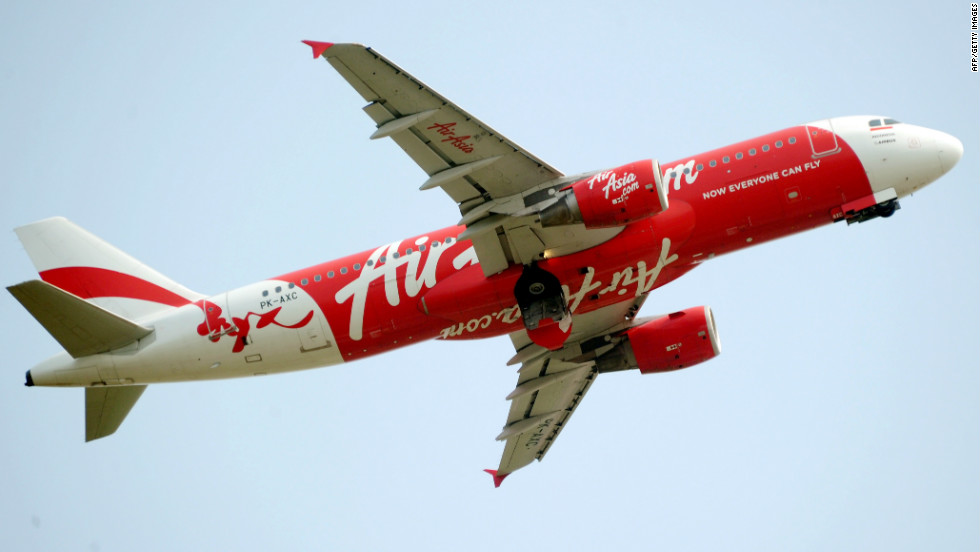
A flight to Malaysia from Sydney was diverted to Melbourne after its pilot entered incorrect coordinates of the plane’s starting position, an Australian aviation investigation report has found.
Carrying 212 passengers, the AirAsia flight bound for Kuala Lumpur on March 10, 2015, was flying in the wrong direction after takeoff from Sydney, because the pilot had manually entered the wrong coordinates of the plane’s position into the flight’s onboard navigation systems.
It was the first of several errors the flight crew made that day, according to the report (PDF) the Australian Transport Safety Bureau published Wednesday.
Faulty earmuffs prompted the captain and the first officer to swap their preflight duties. The captain usually conducts an external inspection, while the first officer remains in the cockpit to complete preparation procedures.
When manually entering the coordinates of the plane’s position, the pilot incorrectly entered the longitude from a sign outside the cockpit window as 01519.8 east (15 degrees 19.8 minutes east) instead of 15109.8 east (151 degrees 9.8 minutes east), the report said.
“This resulted in a positional error in excess of 11,000 kilometers (6,835 miles), which adversely affected the aircraft’s navigation systems and some alerting systems,” the report said.
READ: The real reason airline computers crash
The crew had “a number of opportunities to identify and correct the error,” the report said, but didn’t notice the problem until after the plane became airborne and started tracking in the wrong direction. Several message alerts and sounds suggested the error before takeoff, but the crew ignored them, according to the report.
Once the captain and the first officer realized the mistake, they tried to fix the system. But it was too late.
“Attempts to troubleshoot and rectify the problem resulted in further degradation of the navigation system, as well as to the aircraft’s flight guidance and flight control system,” the report said.
As systems failed further, the crew asked to return to Sydney and conduct a landing without the use of navigation systems. However, weather conditions in Sydney forced the plane to land in Melbourne instead.
The plane spent three hours on the ground in Melbourne before eventually departing for the Malaysian capital.
In a statement obtained by CNN, AirAsia X said all aircraft have been equipped with upgraded flight management systems since the incident.
“AirAsia X would like to stress that we have in place robust management systems to monitor and prevent similar incidents from reoccurring,” a representative said.
“We also wish to reiterate that we have regularly passed safety and security audits conducted by various international regulators. … We remain committed to ensuring our compliance to all safety and security regulations.”
As reported by CNN
